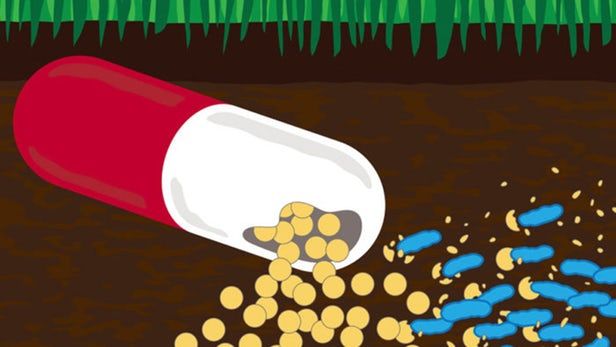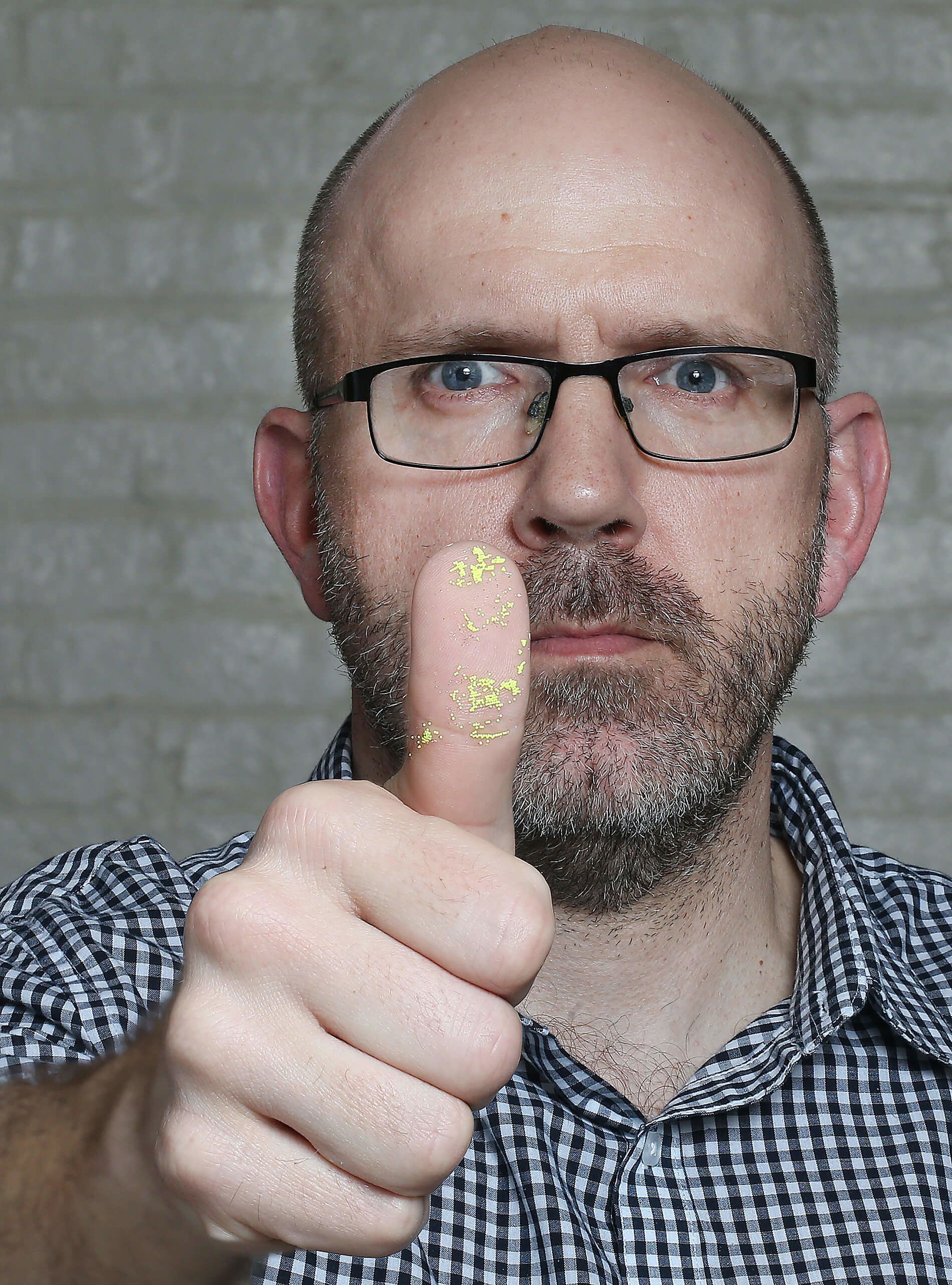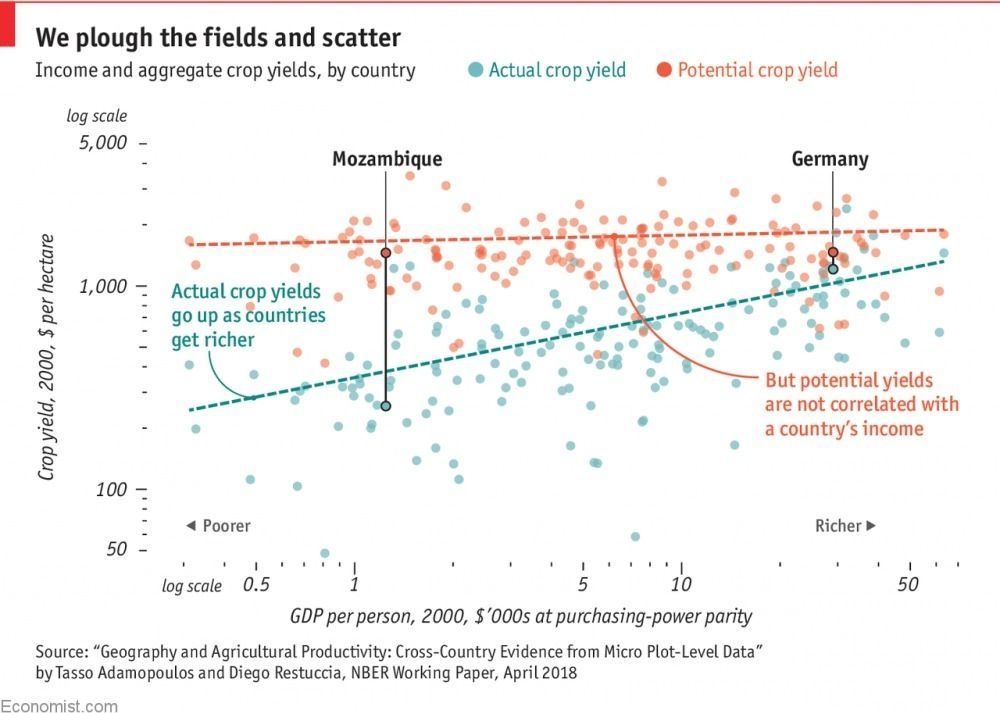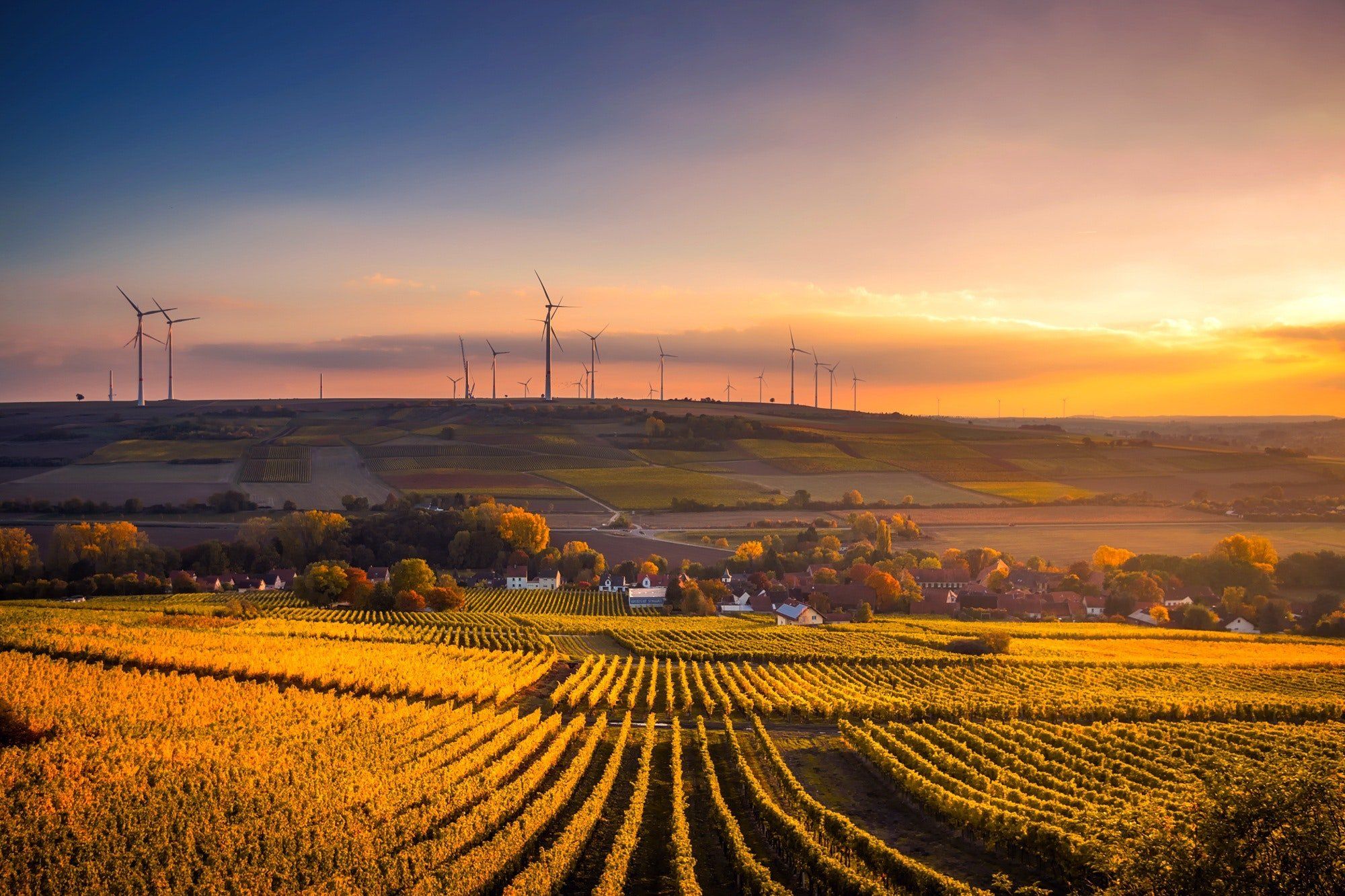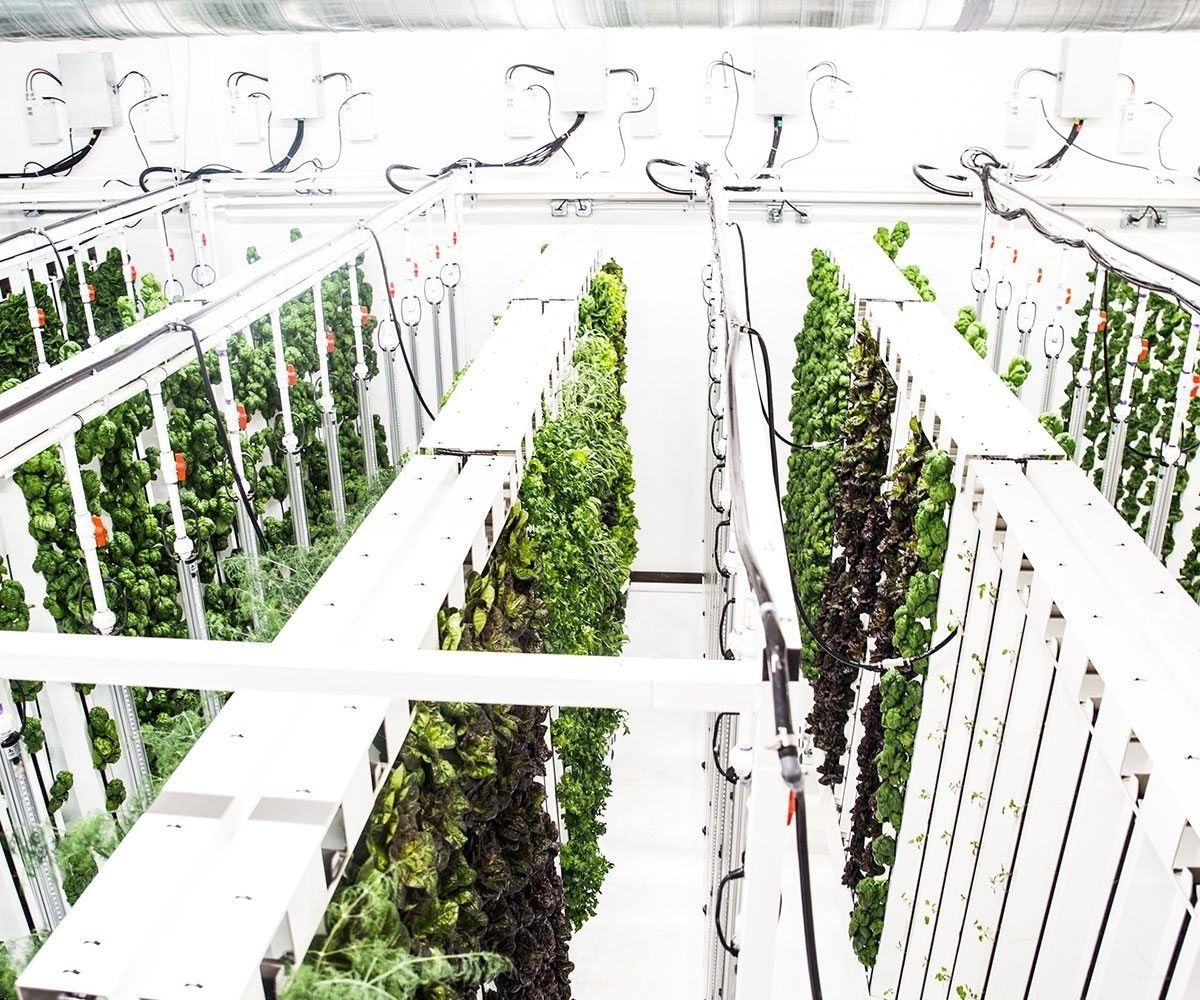As if it’s not bad enough that bacteria are increasingly becoming resistant to our best antibiotics – some bugs are even eating the drugs. An international team of scientists has now examined just how the bacteria disarm and consume the antibiotics as food, uncovering new potential ways to fight back against resistance.
Bacteria are evolving resistance to antibiotics at an alarming rate, thanks to overprescription and overuse. If left unchecked, reports suggest that by 2050 the so-called superbugs could be responsible for up to 10 million deaths a year, ushering in a new dark age of medicine where our drugs simply don’t work.
Adding insult to injury, some species of bacteria flaunt their resistance by actually chowing down on antibiotics. New research out of the Washington University School of Medicine in St. Louis has set out to examine just how the bacteria manage to do this.
